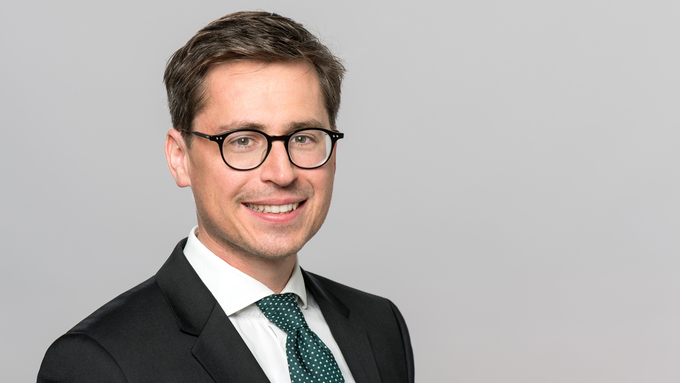David Egger appointed as professor for Theory of Functional Energy Materials
Sofja-Kovalevskaja awardee seeks new materials for energy conversion
2019-09-06 – News from the Physics Department
Research in the Egger group
Among the most important challenges that our society faces are the consequences of global warming, which has been caused by the burning of fossil fuels to provide energy since the age of the industrial revolution. This issue will become even more relevant in the future in view of an ever-increasing worldwide energy demand. One key in meeting this challenge from a scientific and technological perspective is the discovery and development of functional energy materials, which are the basis to any foreseeable future solution to this global problem. Today, we are just at the beginning of a new era where novel material compounds will lead to major breakthroughs in energy conversion.
The research of Prof. Dr. David Egger and his team is anchored in theoretical materials science: they use supercomputers to understand physical effects in functional materials microscopically and predict new compounds of interest to their partners from experimental and synthesis labs. The focus of the new professorship will be on the theory of energy materials, where electronic-structure and molecular-dynamics techniques will be used and further improved to describe novel materials that can be employed in efficient energy devices. The development of theoretical methods and the implementation into computer code is one of their areas of expertise.
It is driven by the vision of accurate predictive calculations towards theoretical proposals of novel functional compounds and new materials that can be used directly in practical applications such as highly efficient solar cells, nanoscale molecular devices and batteries. To this end, they study a wide range of compounds that include hybrid molecule-metal interfaces, halide perovskites, organic semiconductors, ion conductors, photocatalytic molecules and more.
An important aspect of the group’s research work are scientific collaborations with experimental partners. To this end, David Egger and his team have continuously collaborated with labs from the Weizmann Institute of Science in Israel, Imperial College London and the National University of Singapore. The move of the group to TUM provides a unique environment for local collaborations on energy materials, perhaps most notably within the recently established excellence cluster “e-conversion”.
Biography of David Egger
David Egger received his PhD in Physics from Graz University of Technology (Austria) in 2013. He pursued his research work as a postdoctoral fellow at the Weizmann Institute of Science (Israel), from 2014-2017. Between 2017 and 2019, he was leading a research group at the University of Regensburg (Germany), supported by the Sofja-Kovalevskaja Award of the Humboldt Foundation. He moved to TU Munich with this award in June 2019, where he was appointed as a Rudolf Mößbauer Professor. His theoretical work has been recognized with several awards and fellowships, such as the Koshland prize of the Weizmann Institute of Science and the Erwin-Schrödinger fellowship of the Austrian Science Fund.
